In a groundbreaking move to revamp its education system, the Kaduna State Government has launched a strategic partnership with the United Nations, the British Government, and the World Bank—bringing global development actors to the table to co-create a future-forward education model for the Nigerian state.
The three-day summit, titled EduPACT 2025, kicked off on July 9 at the Umaru Musa Yar’Adua Conference Centre in Kaduna, drawing participation from development partners, policymakers, and education stakeholders across the globe. Themed “Strategic Visioning for Educational Transformation: Developing a Kaduna State Education Model,” the summit seeks to build a locally-driven yet globally informed framework for inclusive and equitable education.
Key international partners supporting the summit include UNICEF, the Islamic Development Bank, Save the Children, and Education Above All. It marks one of the most coordinated education development efforts led by a sub-national government in Nigeria.
Speaking at a press briefing, Professor Abubakar Sani Sambo, Kaduna’s Commissioner for Education, emphasized that the summit represents more than another policy dialogue. “This is a pact between the government and the people of Kaduna State,” he said, “a collective step toward rebuilding our education system to meet the demands of the 21st century.”
Sambo hailed Governor Uba Sani as the driving force behind the state’s education reform journey, describing him as “the Chief Architect of Kaduna’s education revolution.” He cited key achievements under the administration, including:
50% reduction in tuition fees across all state-owned tertiary institutions through Executive Order 001, leading to a spike in enrolment at Kaduna State University, Nuhu Bamalli Polytechnic, and the College of Education Gidan Waya.
Construction of 62 new secondary schools and ongoing work on 50 more.
Renovation and building of over 600 classrooms in the past two years.
The commissioner also spotlighted academic performance gains. “WAEC results show a rise in students passing with five credits including English and Mathematics—from 68% in 2022 to 77.9% in 2024,” he noted.
Security and access were also high on the agenda. Kaduna has become the first state in Nigeria to fully implement the National Policy on Safety, Security and Violence-Free Schools (NPSSVES), reaffirming its commitment to creating safe learning environments.
The state is also making strides through the Reaching Out-of-School Children (ROoS) Project, which is building 102 new schools, renovating 170, and deploying digital systems to track student enrolment and retention—an initiative Sambo described as “first of its kind among Nigeria’s sub-nationals.”
Importantly, the state has also cleared a backlog of $247,235.84 in foreign tuition debt for Kaduna-sponsored students, ensuring their uninterrupted education abroad.
Looking ahead, Professor Sambo noted that EduPACT 2025 is not just about ideas but about implementation: “The transformation we seek will only come through planning, action, investment, and the belief that every child in Kaduna deserves a future built on the foundation of quality education.”



































































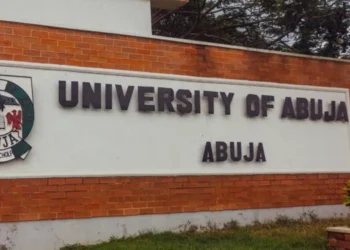
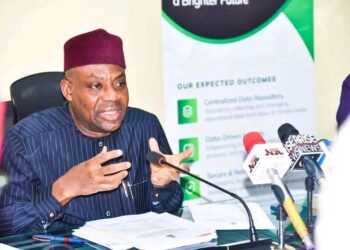
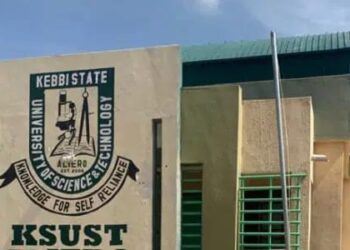
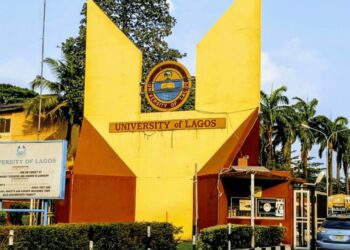

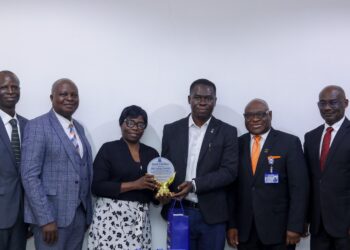









 EduTimes Africa, a product of Education Times Africa, is a magazine publication that aims to lend its support to close the yawning gap in Africa's educational development.
EduTimes Africa, a product of Education Times Africa, is a magazine publication that aims to lend its support to close the yawning gap in Africa's educational development.